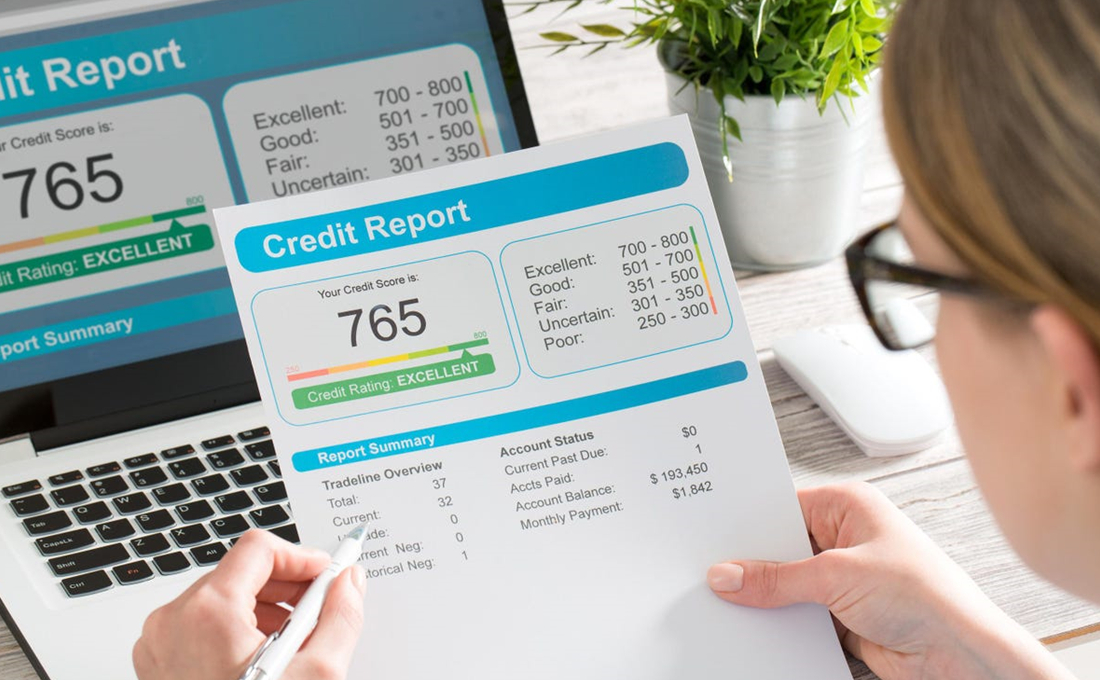If you feel like you are starting to be rejected by life, it might be time to look at your credit score. A low credit score affects negatively your ability to find a job, get new furniture, or even rent an apartment. This article reviews ways of restoring credit score.
1. Pay your bills on time
This is the most critical factor that affects your score. There are two main things to consider when it comes to paying on time: the length of time and the number of late debt payments that have elapsed since you have missed a payment. Both matter regarding how much impact they will have on your credit score. The longer it is been since payment was late and the more frequently it happens, the more significant the result will be on your credit score.

2. Keep your balances low and do not close accounts
This is another factor to consider when it comes to restoring credit score. The less outstanding debt you have, the better it will be for your score. That includes credit cards and loans such as mortgages, car loans, and student loans. Do not close accounts either. Your amount of open credit can factor into your score, although it is not nearly as important as the other three factors we have mentioned.
3. Do not apply for a lot of new lines of credit
It is not good for your score to open up many new accounts in a short period. The reasoning is that you have not proven you can responsibly manage your money if there is a sudden influx in available credit. It also makes it challenging to track what you owe and when bills are due if you open up too many new accounts too quickly.
4. Do not file for bankruptcy in the past two years
If you have filed for any kind of bankruptcy in the past two years, it will negatively affect your score because it will appear on your credit report. That is because of the time that those records stay on your report and what they say about you. You will be more likely to receive higher interest rates on loans if this is a factor, so it is essential to know what will impact your credit score.
You also need to pay attention to other factors that can affect your score (like paying bills on time) if you have filed for bankruptcy within the last two years.

Your credit history and score provide an overall picture of your ability to take on loans and repay them. In reality, when you have a high credit score, you will be more likely to receive loans with favorable terms (lower interest rates, lower loan fees).
In contrast, lenders are more likely to charge you higher interest rates when you have a low credit score due to late or missed payments or a bankruptcy filing in the past two years. Knowing ways of restoring credit is worth it for this reason alone. You can work hard at getting back into good standing with lenders and ensuring that future accounts are managed responsibly.



